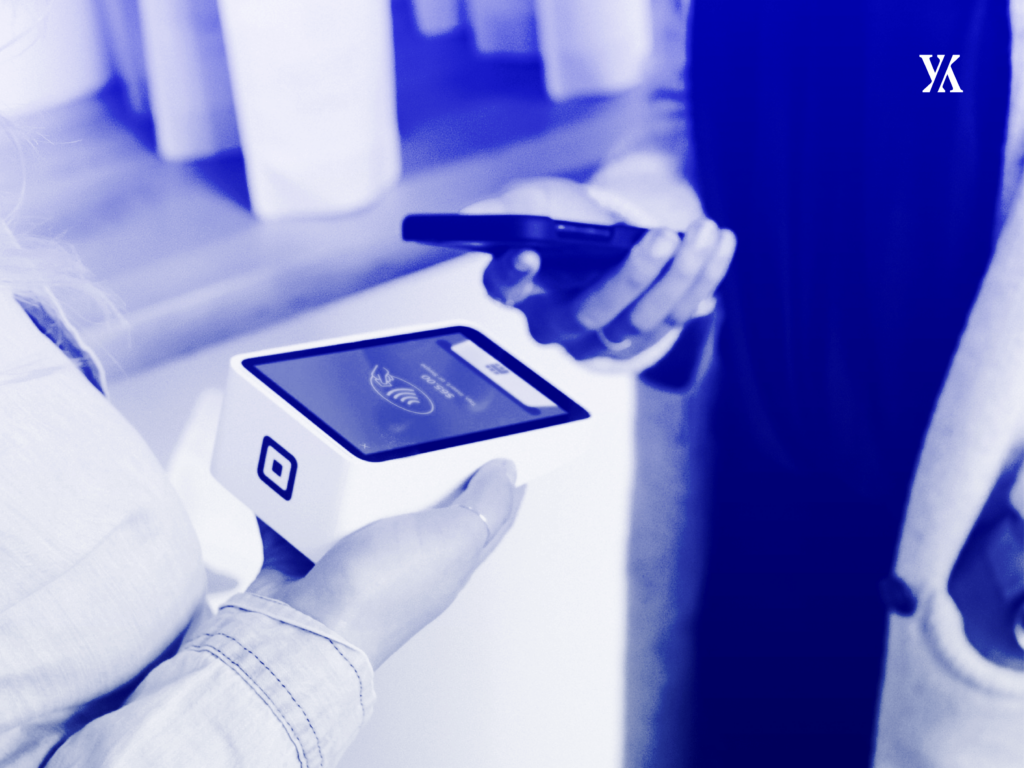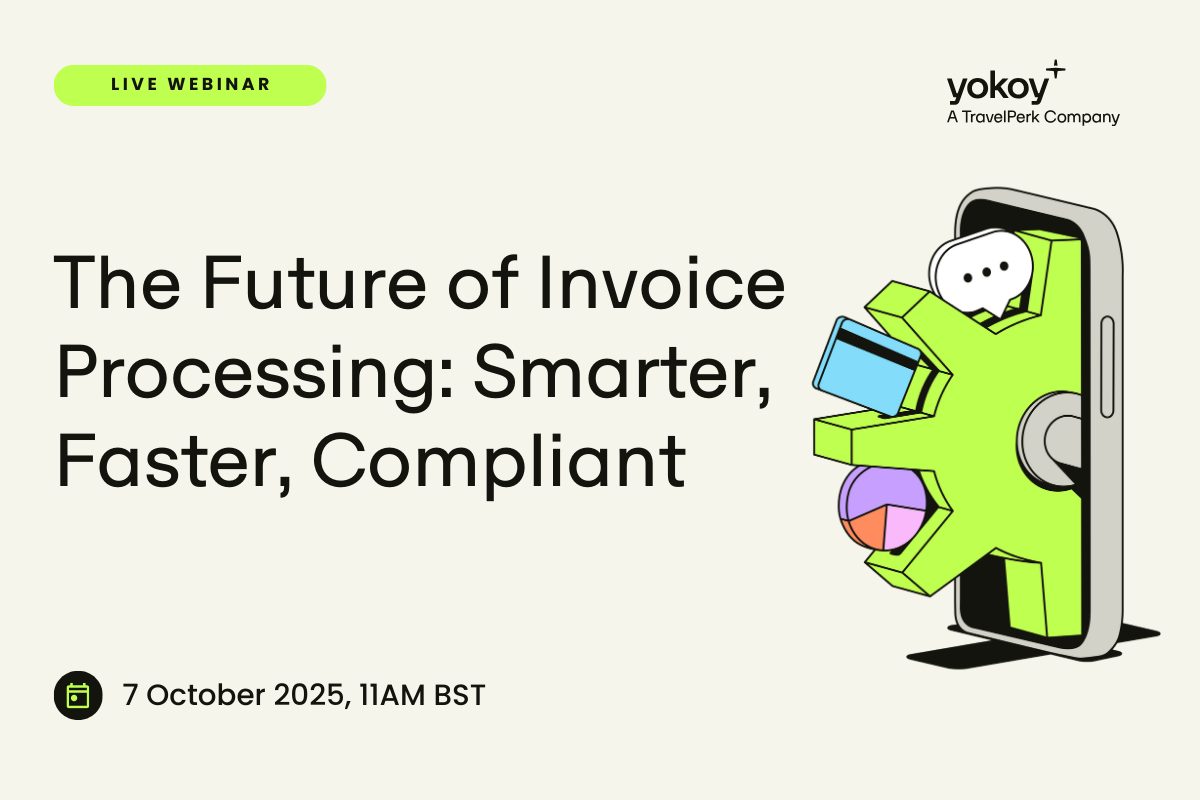Home / Card(less) Future? Moving from Plastic to Virtual Cards and Tokens
Card(less) Future? Moving from Plastic to Virtual Cards and Tokens
- Last updated:
- Blog

Isn’t it remarkable how much digital payments have evolved over the past few decades? This transformation, fuelled by both consumer demand for convenience and rapid advancements in fintech, has completely reshaped the way we think about transactions. While physical cards have dominated for generations, today’s digital payment methods—virtual cards, contactless payments, and account-to-account (A2A) transactions—are creating a seamless, secure, and highly efficient payment ecosystem that has become hard to ignore.
The shift to these digital solutions isn’t just about preference anymore; it’s becoming a necessity. Both businesses and consumers are gravitating toward faster, more secure, and adaptable ways to manage their everyday financial activities. Those who embrace this transition stand to gain a competitive edge in a rapidly changing marketplace. Many businesses also rely on corporate cards for employees, where digital solutions can streamline corporate expenses.
So, let’s explore the history of physical plastic cards, the benefits and rise of virtual cards and the broader impact of digital payment ecosystems. Maybe you can find spots where your company can learn from the past and dive into the future!
The era of virtual cards: Digitalisation changes the nature of payments
The idea of virtual cards isn’t exactly new, but their popularity has skyrocketed recently, thanks to new technology and the growing demand for flexible, secure payment options. More and more businesses and consumers are realising the unique advantages digital payment cards offer in today’s digital world.
How virtual cards work
A virtual or smart card works much like a regular debit or credit card, with an account number and a CVC code. With one big difference: It only exists in digital form. New cards are issued by banks or fintech companies, these cards generate a unique, random card number linked to a real account, but there’s no physical card to carry around.
Virtual cards can be issued instantly, which means no more waiting for a card to arrive in the mail. As soon as it’s generated, you can use it for online shopping or load it into digital wallets like Apple Pay or Google Pay for in-store purchases.
And they’re secure, too! Virtual cards use tokenisation technology, which replaces sensitive card info with a randomly generated code, keeping the actual card number hidden and reducing the risk of fraud.
Benefits of virtual cards
The advantages of virtual cards extend far beyond mere convenience. They address key pain points associated with traditional plastic cards and offer solutions tailored to the modern payment landscape:
Instant issuance: Virtual cards are generated instantly, allowing users to make payments without waiting for physical delivery to the cardholder. This is particularly advantageous for businesses that need to issue new corporate cards to employees quickly.
One-time use functionality: Some virtual cards can be used for one-time purchases, which makes them super secure for online shopping or single investments. After a single use, the card is deactivated, so even if the details are stolen by fraudsters, they can’t be used again.
Real-time expense tracking: Virtual cards give users an up-to-the-minute view of their spending. This makes it easier for both individuals and businesses to keep tabs on their expenses and stick to their budgets.
Control budgets: Businesses can set limits for virtual corporate cards to keep spending in check. This is great for a company’s expense management and gives employees a great deal of freedom while on business travel.
Customisable security: Virtual cards can come with added security features, like setting expiration dates, restricting which merchant category they can be used with, or limiting transaction amounts. This gives users peace of mind, knowing they can control how and when their smart card is used.
Virtual cards are beneficial for e-commerce, where the risk of fraud is higher. As mobile payments and digital wallets become more common, the ease and security of virtual cards make them an attractive option for both consumers and businesses.
Blog article
Why Smart Corporate Cards Are a Must for Businesses
Payment methods have been undergoing a massive modernization phase, and the traditional corporate credit card is no exception. But the real question is, are these cards truly smart or just another gimmick?

Francesca Burkhardt,
Product Marketing
Payment becomes increasingly digital
As the payments industry moves toward digitalisation, traditional payment methods are being replaced with newer, more secure, and more convenient options. The growth of mobile wallets, contactless payments and fintech solutions is changing how people and businesses think about paying for things.
Flexibility in Payments
Today’s consumers expect to be able to pay anytime, anywhere—and digital payment methods are built to make that happen. Options like mobile wallets, virtual cards, and contactless payments offer the kind of flexibility that was hard to imagine just a few years ago. For example, with mobile wallets, users can store multiple virtual cards on their smartphones or wearables, allowing for fast, touch-free payments across different platforms, whether online or in person via NFC (near-field communication).
Spend Management Solutions
For businesses, digital payments go beyond ease and speed. Modern expense management platforms are starting to integrate virtual card technology, giving companies tighter control over how money is spent. These platforms offer real-time tracking, helping businesses monitor employee expenses, stick to budgets, and reduce fraud. Plus, with AI-powered analytics, companies can get more thoughtful about their financial operations, making decisions based on real-time data.
From cards to account-to-account (A2A) payments
While virtual cards have many advantages, the next significant shift in payments might make cards unnecessary altogether. A2A payments are on the rise, offering a faster, cheaper alternative by allowing direct transfers between bank accounts.
How account-to-account payments work
A2A payments let you transfer money directly between two bank accounts, skipping the need for a credit card company or another middleman. This is often done through Open Banking APIs, which allow banks to connect and transfer money in real time securely.
Benefits of A2A payments:
Cost efficiency: Without the involvement of credit card networks, A2A payments reduce transaction fees, making them more cost-effective for businesses.
Security: A2A payments are highly secure, as there is no need to share sensitive card details during the transaction.
Speed: These payments are processed almost instantly, offering a significant advantage over traditional card payments, which may take days to settle.
A2A payments are particularly well-suited for large transactions and business-to-business (B2B) payments, with the most pronounced speed, cost, and security benefits. This method is also gaining traction in e-commerce, where consumers appreciate the simplicity and security of paying directly from their bank accounts.
Blog article
Simplifying Expense Management: How Corporate Cards Benefit Businesses of All Sizes
Although most corporate card programs offer cash back on transactions, these savings aren’t the main driver for companies who choose to equip their employees with business credit cards or debit cards.

Francesca Burkhardt,
Product Marketing
Outlook: Future of payments
As the adoption of virtual cards and A2A payments accelerates, physical cards are gradually becoming less relevant. The future of payments will likely be dominated by digital wallets, tokenisation and biometric authentication, offering a fully integrated, seamless payment experience.
Decline of physical cards
Physical cards probably won’t disappear right away, but their role will diminish as digital options continue to evolve. Millennials and Gen Z, in particular, are leading the charge, showing a strong preference for mobile and digital payments over plastic.
Additionally, cryptocurrencies could play a major role in the future by offering faster, more secure and decentralised transactions that bypass traditional banking systems. As blockchain technology continues to evolve, it could enable more transparent and efficient financial systems, paving the way for cryptocurrencies to become widely accepted in both everyday payments and global trade.
AI and payments
Artificial intelligence (AI) is set to play a huge role in the future of payments. From automating transaction approvals to detecting fraud before it happens, AI-powered systems can streamline financial operations and improve security. For businesses, AI will also provide deeper insights into consumer behaviour, allowing for better analysis and, therefore, smarter decision-making.
Experience the future with Yokoy Pay
Yokoy Pay is your new solution to transform the way your business handles finances: By integrating virtual cards, A2A payments and traditional payment methods in one platform, Yokoy offers a seamless, automated solution that helps your company to manage spending in real time.
With a few clicks, you can issue virtual corporate cards, set the specifics in Yokoy’s user-friendly interface, and keep full control over your employee’s spending while eliminating the hassles of managing plastic cards.
No more waiting for physical cards or manually tracking expenses—everything is done digitally and instantly. Yokoy helps you stay ahead of payment trends, streamline financial operations and manage spending more efficiently.
How AI helps companies to streamline finance operations
Yokoy’s use of AI takes the stress out of managing finances. Instead of manually approving or tracking expenses, the platform does it all for you: Yokoy’s AI-powered system scans and verifies expenses, checks them against company policies and flags anything suspicious directly.
By automating tiring tasks like expense matching and categorisation, Yokoy frees up your finance team to focus on what matters. Plus, with AI handling these processes, you get faster, more accurate results that you can analyse and use for reporting.
One platform for all your virtual cards
With Yokoy, everything is in one place: The platform allows you to manage all your virtual card transactions from a single dashboard. This means easier management, instant virtual card issuance and automatic immediate tracking of every expense.
It’s perfect if your business is looking to simplify its financial operations and maintain control across various payment methods or borders.
Control how people spend
Yokoy gives you full control over how your employees spend money. You can issue virtual cards with custom limits, restrict where they can be used and even set up single-use cards for specific purchases. This helps your finance team control the costs overall.
Yokoy’s AI helps you to stay compliant with regulations by automatically checking every transaction against your rules and flagging anything out of the ordinary. This additionally helps to prevent overspending, reduces the risk of fraud helps ensure that company funds are used wisely.
Next steps
Whether you’re used to paying with a traditional Visa or Mastercard or are already exploring digital options, one thing is clear: the future of payments is going digital! Businesses that embrace this shift will be better positioned to thrive in the years to come. Virtual cards, cryptocurrencies and A2A payments aren’t just trends—they’re the future of secure, efficient and flexible payments.
Are you ready to see how your business can benefit from these innovations? Get ahead of the curve with Yokoy and book a demo today!
In this article
See intelligent spend management in action
Book a demoRelated content
If you enjoyed this article, you might find the resources below useful.


